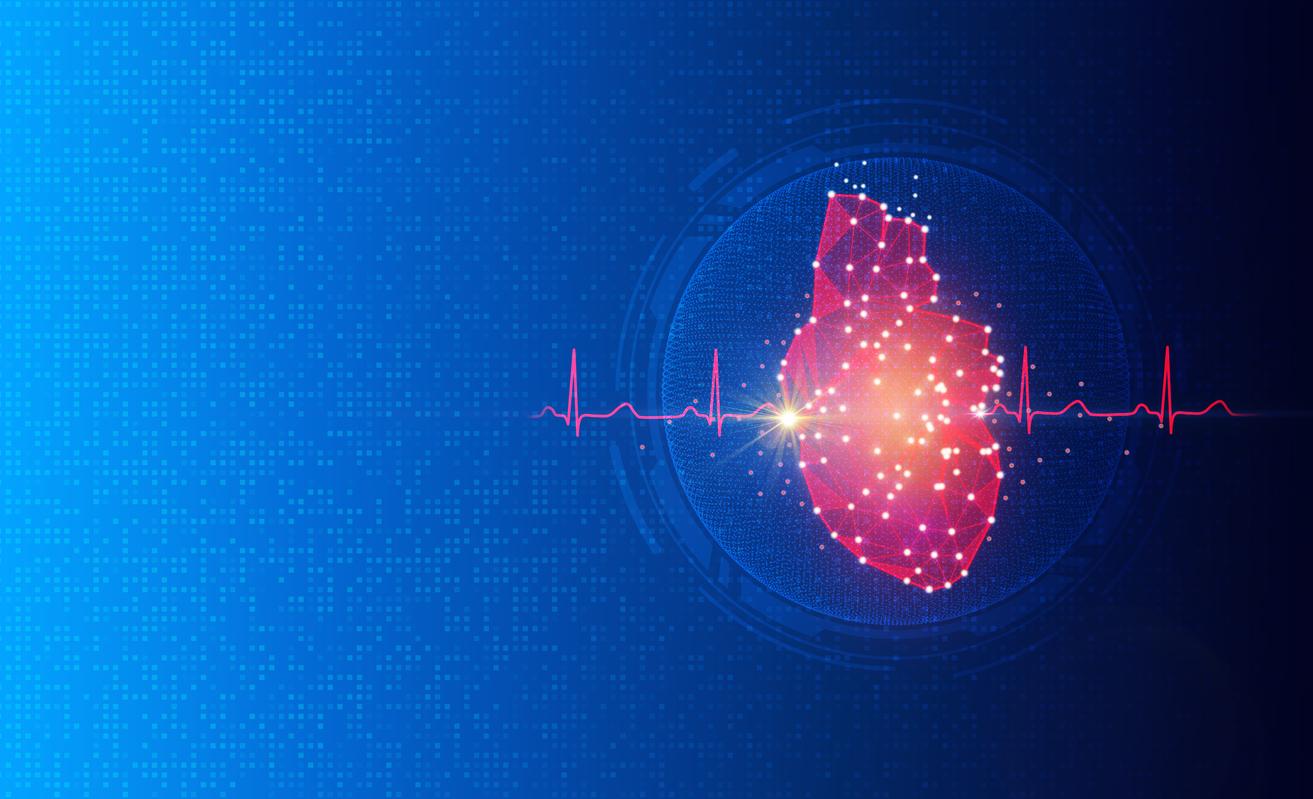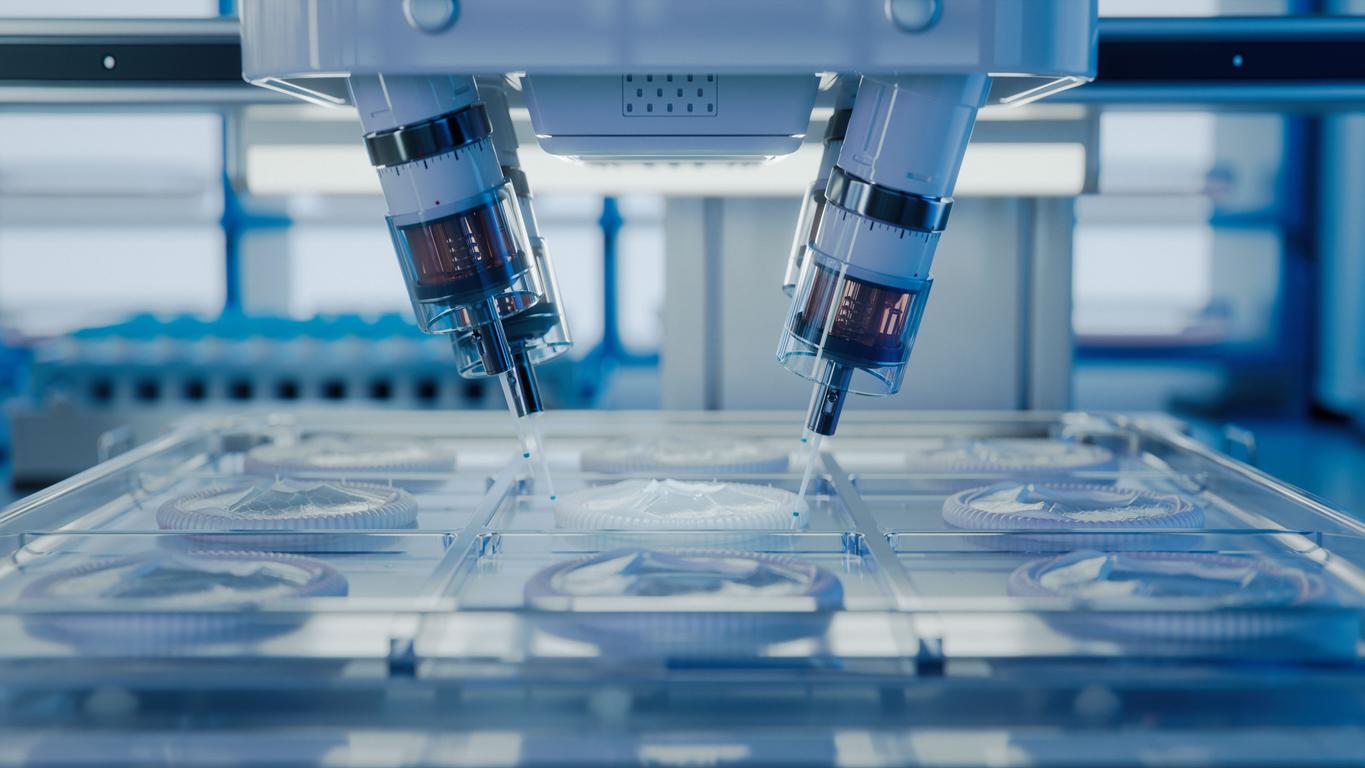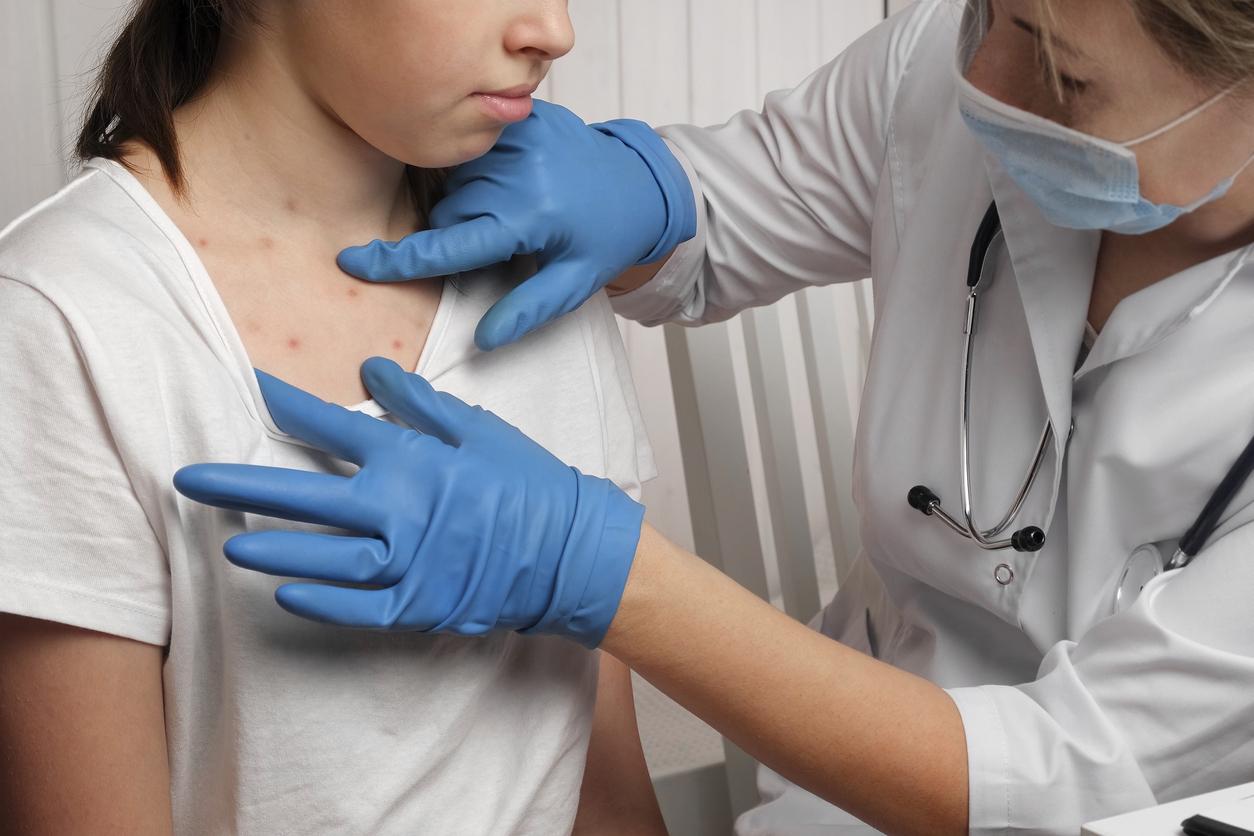A team of researchers has discovered a new potential target for developing treatments against cardiac arrhythmias, starting with atrial fibrillation.

- The researchers were interested in the proteins involved in the physiological processes of the heart. The study looked at the role of PIP2, a crucial lipid present in all cell membranes, which acts as a messenger for many signaling pathways in the body.
- “As PIP2 is known to be dysregulated in heart failure, our study offers major insights into the possible mechanisms of cardiac arrhythmias in this context.”
- “Our work will be useful for designing new SK2 potassium channel inhibitors that treat cardiac arrhythmias,” the researchers conclude.
Atrial fibrillation, which results in an accelerated heartbeat, is the most common heart rhythm disorder worldwide. Affecting more than 200,000 people in France, a constantly increasing figureit is associated with an increased risk of morbidity and mortality. While current treatments remain insufficient, researchers from several universities in the United States say they have identified a promising new target to develop a potentially effective therapy against this cardiac arrhythmia.
A new mechanism to regulate heart function
Proteins involved in the physiological processes of the heart were the focus of their research, published in the journal PNAS. Until recently, studies suggested that inhibition of certain calcium-activated potassium channels, called SK channels, could either reduce or worsen arrhythmias depending on conditions.
“SK channel inhibitors are currently in clinical trials to treat atrial fibrillation, making our study of their regulatory mechanisms all the more timely. We used novel approaches to decipher how the human SK2 channel can be co -dynamically regulated”explain the researchers in a press release.
The study focused on the role of PIP2 (phosphatidylinositol 4,5-bisphosphate) in the regulation of the SK2 channel. PIP2 is a crucial lipid found in all cell membranes, which acts as a messenger for many signaling pathways in the body. “Since PIP2 plays an essential role in many ion channels, regulating cardiac ion channels via PIP2 represents a novel mechanism of lipid regulation of cardiac excitability and function.”
New perspectives for treating cardiac arrhythmia
Currently, SK channels are the only potassium channels known to be upregulated in heart failure, and their regulation plays a key role in the development of cardiac rhythm disorders. “As PIP2 is known to be dysregulated in heart failure, our study offers major insights into the possible mechanisms of cardiac arrhythmias in this context.”
The researchers thus generated “models of human SK2 channels in different states (closed, intermediate and open) using molecular dynamics simulations”allowing us to explore in detail the modulation of these channels by PIP2. “Our work will be useful for designing new SK2 channel inhibitors that treat cardiac arrhythmias”conclude the researchers.


















